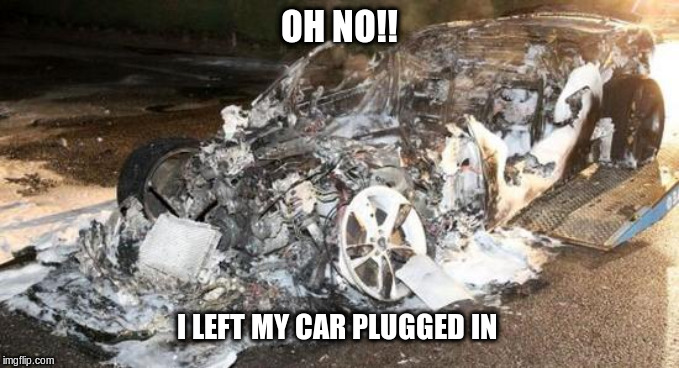Ever analyze what is in one volcano eruption? Ever look at the chemicals needed to mine the metals needed for lithium battery production? Ever check up on the polution caused by wildfires?
He thinks a volcano actually puts out less carbon dioxide than cars! Note the Mauna Kea CO2 measuring station is located ON AN ACTIVE VOLCANO.
Lithium is mined using one of two techniques..either strip mining and treating the raw ore with massive amounts of sulfuric acid (producing a useless sulfate sludge by the ton), or scraping raw ore from lithium bearing soils at the surface and treating them for years in leaching ponds with various acids including sulfuric acid. After several years of leaching in this way, the lithium ore is ready to ship to China to be turned into batteries. The ore at the battery factory is further treated with toxic compounds to obtain the lithium metal which must be kept in a special room since lithium is extremely reactive with water or water vapor. If it catches fire at this stage (pretty easy to happen!), it's a class D fire. The only way to put it out is with lots of sand. Water just makes it burn faster.
Once formed into a finished Li-ion battery, any fire from it will be a vigorous class A fire. You can put that out with water. It burns like a vigorous firework.
When the batteries are assembled into packs for cars, a cell catching fire is now a class C fire. Water is the worst thing you can use since that will short out the remaining cells spreading the fire rapidly. Once all cells are involved, it reverts to a class A fire again. You can put it out with lots of water.
Fire departments just pour lots of water on burning EVs. Sure it makes it worse, but it will eventually put it out. The car is already a total loss. There is nothing left to save on it.
A minor collision can damage a cell. Just ONE damaged cell means the entire pack, all $25,000 of it, is garbage. It will also probably catch fire, probably soon. Corrosion from flooding damage, road damage, and damage from super rapid charging stations, all can create conditions for a fire to start.
Brush wildfires put up a lot of particulates (the smoke). These are easily washed out of the air by rain. Until then, it hangs suspended in the air so thick it obscures even the sun.


